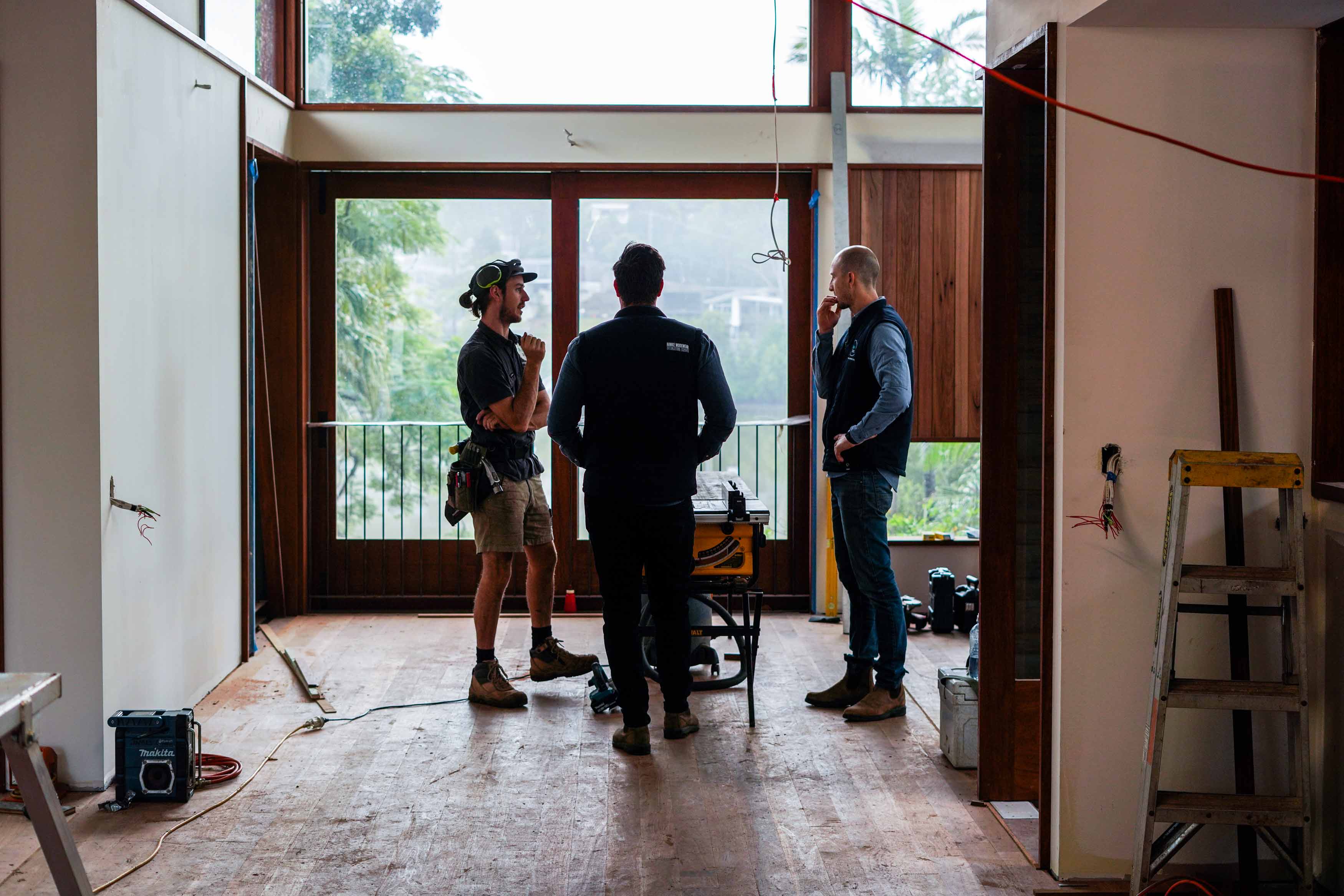Provisional Sums in Residential Building Contracts: An In-Depth Guide
Embarking on a home building project is an exciting journey. However, understanding the ins and-outs of your contract is crucial to ensure a smooth process. One term that often comes up in residential building contracts is a 'provisional sum'. This blog post aims to demystify what a provisional sum is, how it works within a residential building contract, and its legal implications.
What is a Provisional Sum?
A provisional sum is an estimated amount set aside in the contract to cover specific items or works that are not yet fully defined or known at the time of contract signing. It's a buffer for those 'unknowns' that might arise during the construction process.
Common Items Covered by Provisional Sums
Provisional sums typically cover items such as excavation and site works, unforeseen structural issues, plumbing and electrical works, and variations in materials. These are aspects of the project that can be hard to quantify precisely at the outset.
Estimating Provisional Sums
The estimation of provisional sums is based on historical data, industry standards, and expert opinions. Factors such as the complexity of the project, the site's condition, and the materials used can influence these estimates.
Role of Provisional Sums During Construction
Provisional sums provide flexibility to accommodate unforeseen or undefined works without affecting the overall contract price. They are a tool to manage costs and ensure that the project can progress smoothly, even when unexpected issues arise.
Impact on the Contract Price
If the actual costs for the items covered by provisional sums exceed the estimated amount, it may result in variations to the contract price. Conversely, if the actual costs are lower, the homeowner may see a reduction in the final price.
Legal Aspects of Provisional Sums
In the context of a residential building contract, provisional sums have legal implications that both the builder and the homeowner should be aware of.
Contractual Obligations
The builder has a contractual obligation to provide a reasonable estimate for the provisional sums. This estimate should be based on the information available at the time of contract signing. If the builder provides an unrealistically low estimate to secure the contract, they may be in breach of their contractual obligations.
Variations to the Contract
If the actual cost of the work or materials covered by the provisional sum is higher than the estimated amount, the builder may need to issue a variation to the contract. Variations can increase the contract price and may require the homeowner's approval, depending on the terms of the contract and local regulations.
Disputes
Disputes can arise if the homeowner feels that the provisional sums were underestimated or if they disagree with the variations issued by the builder. In such cases, the dispute resolution process outlined in the contract would come into play. This could involve negotiation, mediation, or, in some cases, legal proceedings.
Legal Advice
Given the potential complexities and legal implications of provisional sums, it's advisable for both builders and homeowners to seek legal advice before entering into a contract. A legal professional can help you understand your rights and obligations, ensuring that the contract is fair and transparent.
In conclusion, understanding provisional sums is key to managing expectations and budget when undertaking a residential building project. At BluebirdDB, we pride ourselves on our transparent and thorough approach to contract management, ensuring our clients are well-informed every step of the way. If you're planning an upcoming project and need expert guidance, don't hesitate to contact us at BluebirdDB. We're always ready for an obligation-free conversation to help bring your dream home to life.



